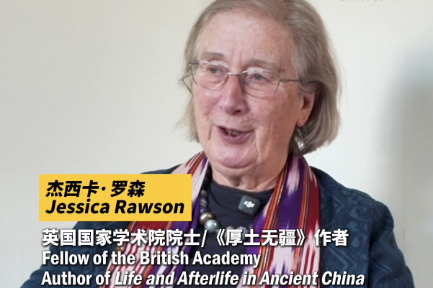Chinese films charm audiences with better storytelling


Diversification
This year saw increased diversification in terms of cinematic aesthetics and artistic content represented by Chinese films, Yin told Xinhua.
The success of The Wandering Earth, widely hailed as the first Chinese sci-fi blockbuster; and Ne Zha, a milestone animation in rendering Chinese mythological figures, showed the wider scope of Chinese film genres.
At the same time, it seems to have lifted Chinese moviegoers' hopes of seeing more local works, whether sci-fi fiction or ancient fantasy novels, turned into indigenous Chinese films.
Screen adaptations from Chinese sci-fi novels used to be scarce, and popular sci-fi titles in China's multi-billion-dollar movie market were mostly Hollywood imports, but the industry was given strong impetus by the huge success of The Wandering Earth.
In a related development, an animated adaptation of Liu Cixin's sci-fi trilogy "The Three-Body Problem" was inaugurated earlier this year as a project by Chinese online video sharing platform Bilibili.
Ne Zha won the highest score of 2019 for a Chinese film on review platform Douban, 8.5 out of 10 points, based on more than 1.15 million reviews.
Hailing the movie, which was inspired by the Ming Dynasty (1368-1644) novel Fengshen Yanyi, or The Investiture of the Gods, as a signal for the rise of Chinese cartoons, Douban expected a bright future for Chinese animated films.
Inspired by the same book, Legend of Deification, a new animated film about a genius strategist produced by the same companies behind Ne Zha, is set to hit Chinese theaters on Jan 25, 2020, the Chinese Lunar New Year.
Chinese animated films have become more mature in theme selection and film production in recent years and many of them combined audience appeal with elements from traditional Chinese culture, said Sun Jiashan, a scholar with the Chinese National Academy of Arts.
Moreover, 2019 was also marked by Chinese filmmakers' innovations in terms of making art house films, including Send Me to the Clouds, according to Yin, with the China Film Association.
"Movies have always been a business about the future and winning the hearts of audiences," said Wang Zizhi, founder of B&W Culture Media Co., Ltd., a Beijing-based movie promotion firm.
A film's success hinges on a solid screenplay and quality cinematic depiction, plus strong distribution and promotion support, Wang said.
Looking to the future, Yin said continuous efforts in protecting the innovation impetus and enthusiasm of Chinese filmmakers and creating a good environment for film creation are important for the development of domestic films.





































